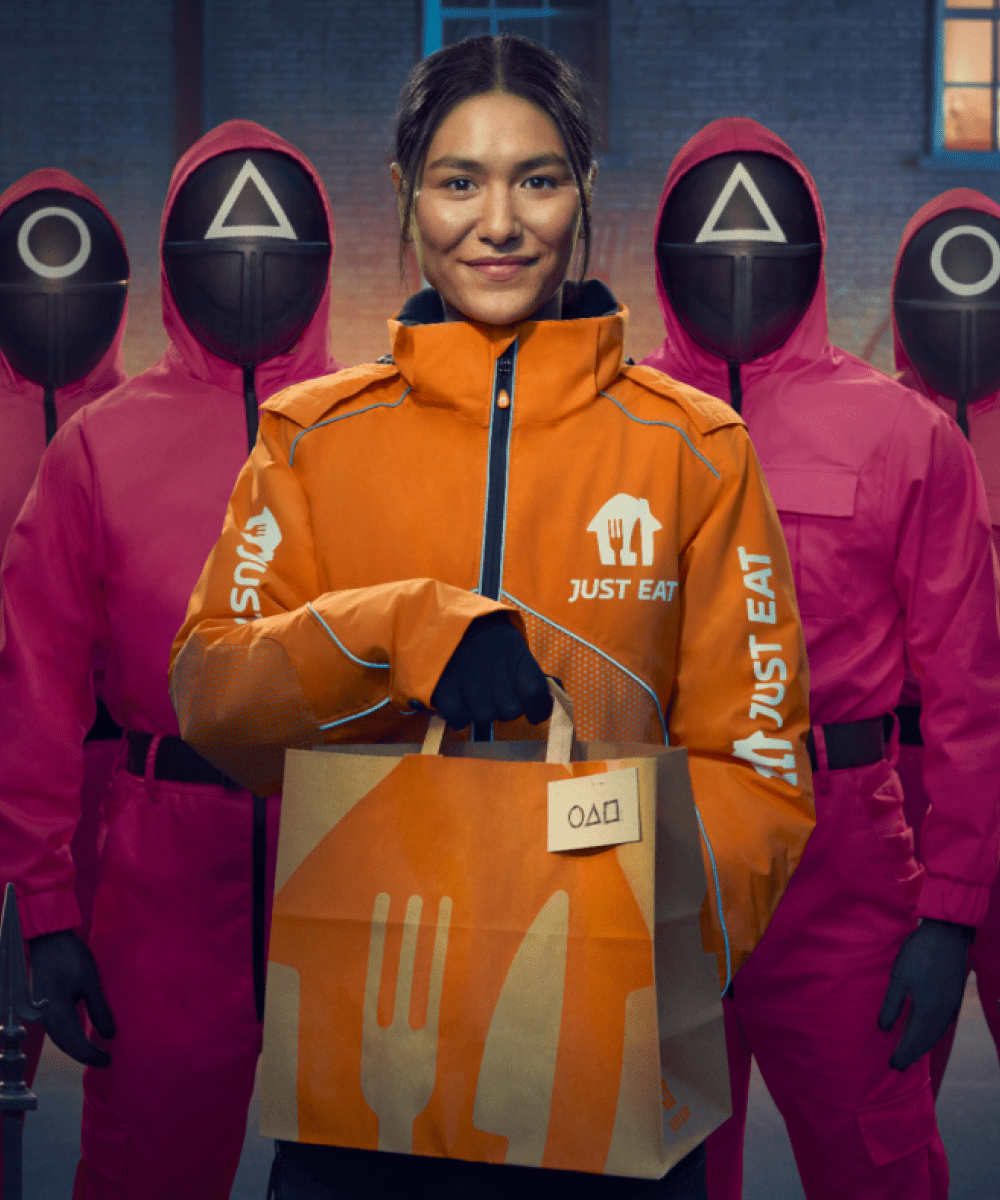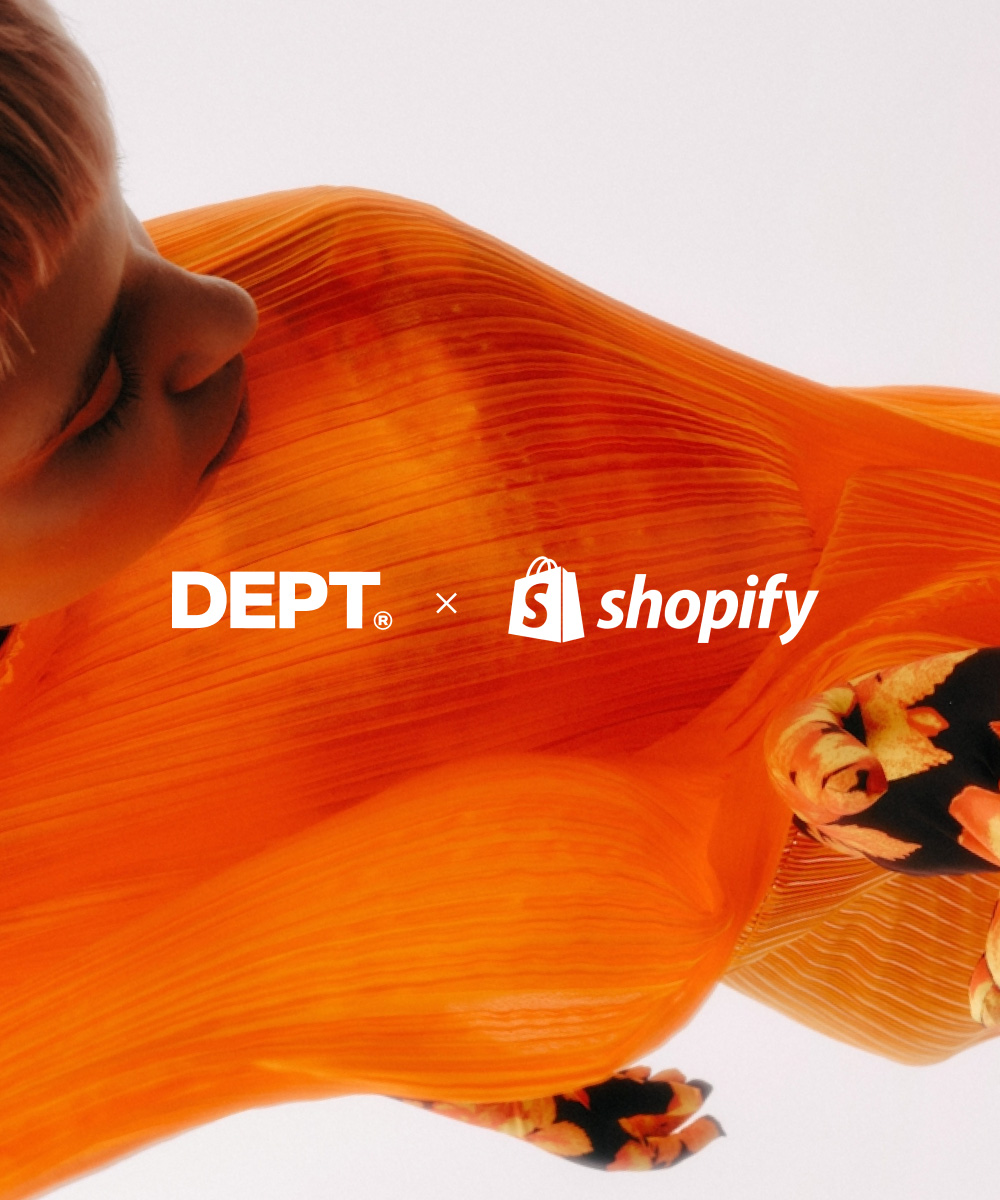Sustainability: practice makes progress

We are rapidly approaching a point of no return for the Earth as we know it. Scientists warn ecosystems of the world could start to collapse when a 1.5°C increase in the Earth’s temperature is reached; worryingly, it’s already hit 1°C. While discussions of protecting the planet are certainly not new, the movement has gained momentum in recent years, and been brought acutely into the limelight during the pandemic.
2020 brought life as we knew it to a grinding halt. Despite the challenges presented, the slow motion effect it had on consumers was a clear positive. The human race that once moved at an unsustainable pace suddenly stopped. Not only were the benefits of this demonstrable, from drops in air pollution levels to the resurgence of flora and fauna, but it also gave us all time to think and reflect, resulting in a rapid growth of social consciousness. The impact of climate change captivates a broad audience, which will be essential in making the necessary changes at corporate and consumer levels in order to preserve the planet.
Corporate commitments
We’re now in the era of ‘Brand Purpose’ where organisations of all sizes are placing their social purpose at the heart of both their brand and corporate strategy. A decade ago, Corporate Social Responsibility (CSR) was a paragraph on a website’s ‘about’ page; now it sits at the epicentre of the brand proposition.
This brand revolution kicked off a decade ago when Unilever launched its Sustainable Living Plan. The then CEO, Paul Polman, wanted to double sales, halve Unilever’s environmental footprint, source all materials sustainably, and increase its positive social impact by helping one billion people to improve their health and wellbeing by 2020. Fast forward ten years and Unilever has remained dedicated. Among its impressive results, it’s helped 1.3bn people improve their health, increased the amount of agricultural raw materials that are sustainably sourced from 14% to 88%, and achieved zero waste to landfill across all its factories.
In 2007, B Corporations was founded and has been growing in momentum ever since. B Corps envision a global economy that uses business as a force for good, one that is purpose-driven and creates benefit for all stakeholders, not just shareholders. B Corp Certification doesn’t just evaluate a product or service, but assesses the overall positive impact of the company that stands behind it. There are now over 3,500 B Corp certified businesses from 74 markets, across all sectors and company size.
Under growing public pressure to reduce its impact on the environment, Amazon launched The Climate Pledge in 2019. The marketplace giant co-founded the initiative with Global Optimism to achieve a raft of sustainability goals by 2040, ten years ahead of the Paris Agreement. The pledge includes a commitment to be carbon neutral by 2040, power its operations with 100% renewable energy by 2025, and an investment of $2 billion to support the development of technologies and services that reduce carbon emissions and help preserve the natural world.
In 2020, Microsoft announced a 10 year agenda for becoming carbon negative by 2030, as well as reversing all carbon emitted since it was founded by 2050. CNN also reported that Apple, already carbon neutral, raised the bar to extend the firm’s carbon neutrality throughout its entire supply chain by 2030. Following suit, Google and Facebook made public pledges to improve sustainability, achieve carbon neutrality and help address the global challenge of climate change.
Powered by the people
The era of Brand Purpose is great for ethically-minded consumers, especially millennials and Gen Z whose collective social conscience is the strongest out of all age groups. From climate change to race discrimination, these generations are acutely aware and passionate about making a positive difference. They will also actively seek out brands whose purpose aligns to their core values, with over 60% preferring to buy from sustainable brands and 73% willing to pay more for sustainable goods. This is a win-win for commercial brands; by defining and communicating their ethical purpose, they’re doing good both for society and for their bottom line.
Although a large proportion of the younger generations are fighting the good fight, there is a problem with consumer attitudes versus actions when looking at society as a whole. What sounds good on paper isn’t always as easily practised. In summer 2019, the Harvard Business Review found that although 65% of consumers desired sustainably sourced goods, only 26% followed through with sustainable purchases. Additionally, Accenture’s study of 6,000 global consumers showed that cost drove 84% of decisions to purchase responsibility sourced products.
Influencing behaviours to match attitudes
Humans, regardless of our desire for individuality, also have a reasonable need for a sense of belonging. Studies have shown that implying social norms can influence behaviour to match a projected attitude.
Swaying buying trends and influencing consumers with ‘people also bought’ messaging isn’t a secret conspiracy: it’s a marketing tactic. And it could be a useful tool to imply social norms to yield positive results, shifting consumers’ behaviour to more ethical practices. The Journal of Environmental Study tested the theory, conducting a study where social norms were used to give consumers a gentle nudge towards buying sustainable products. The research showed that online purchases of at least one ‘green’ product increased by 65% when shoppers were informed that “other people are buying sustainable products”.
Where to start?
Climate Neutral is an excellent place to start for companies serious about making a difference. Climate Neutral is a non-profit organisation that aims to decrease global carbon emissions by getting brands to measure, offset, and reduce the carbon they emit. It believes that consumers and brands must work together to drive the world toward the zero net emissions future. Climate Neutral has built a simple set of tools and a certification programme that makes carbon footprinting more accessible, sets clear guidelines for carbon offsetting, and inspires brands to work on reducing emissions directly.
Climate Neutral’s roster of certified companies includes Rocket Insights (part of Dept), which achieved carbon neutrality in 2020, and DEPT® is currently on track for the same accomplishment in 2021.
A collaborative effort
Sustainability is a responsibility for everyone: the brands that supply the market as well as the consumers whose behaviour influences these companies.
By continuing efforts to produce sustainably and buy more responsibly, the shift to a greener economy should continue. Practice may not make perfect, but it certainly makes progress.
More Insights?
View all InsightsQuestions?
VP of Marketing, EMEA



